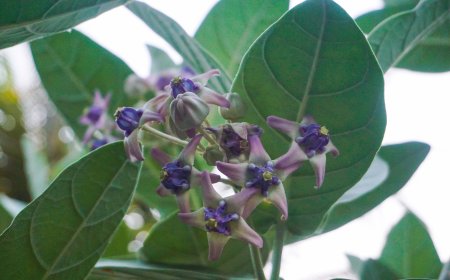Traditional Medicine for Gallstones: Natural Remedy for Healing Without Surgery
Gallstones are a health issue that often cause abdominal pain, especially after eating. This condition occurs when cholesterol or other substances accumulate and form stones in the gallbladder, blocking the flow of bile into the digestive system. Symptoms vary, ranging from discomfort, nausea, to severe pain in the upper right abdomen. For many people, medical solutions like surgery may seem daunting, leading them to seek natural alternatives. Traditional remedies are a popular choice, as they are believed to gradually dissolve gallstones, reduce inflammation, and help improve digestion without the need for surgery.
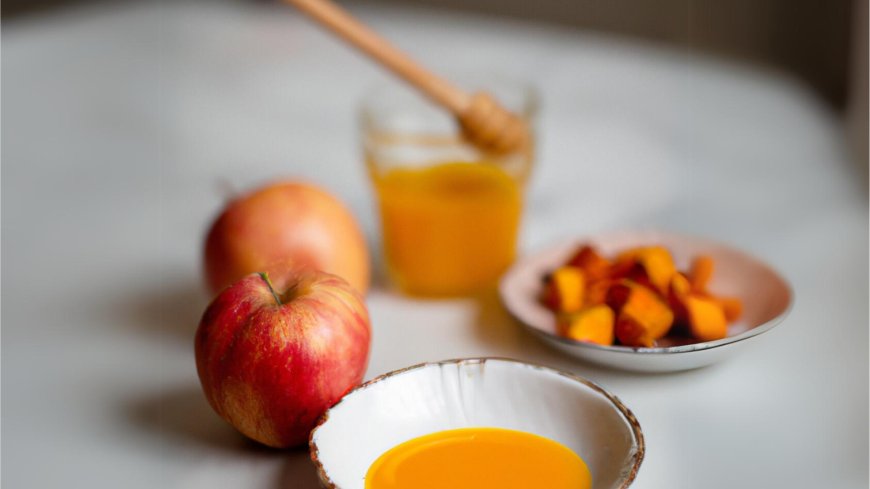
Gallstone disease is a condition where hard deposits, known as gallstones, form in the gallbladder. There are two main types of gallstones: cholesterol stones (the most common type) and pigment stones (made of bilirubin). According to the National Institute of Diabetes and Digestive and Kidney Diseases (NIDDK), gallstones form when there is an imbalance in the composition of bile, causing cholesterol or bilirubin to crystallize. Some common symptoms of Gallstone Disease include:
- Severe pain in the upper right abdomen (commonly known as biliary colic).
- Nausea and vomiting.
- Fever or even jaundice (yellowing of the skin and eyes) if infection or inflammation occurs.
- Frequent heartburn or indigestion in the near term.
According to the American College of Gastroenterology (ACG), untreated gallstones can lead to serious complications, including :
- Acute Cholecystitis (Inflammation of the Gallbladder): This occurs when a gallstone blocks the bile duct, causing inflammation that can trigger infection. Symptoms include constant abdominal pain, fever, and nausea. Without treatment, the inflammation can lead to gangrene or gallbladder perforation.
- Acute Pancreatitis: If a gallstone blocks the pancreatic duct, the pancreas can become inflamed. The National Institutes of Health (NIH) explains that acute pancreatitis is a serious complication causing severe abdominal pain, nausea, and vomiting, often requiring hospitalization.
- Cholangitis: Gallstones can also lead to cholangitis, an infection of the bile ducts that can be life-threatening. This infection is accompanied by symptoms such as high fever, chills, jaundice, and abdominal pain.
- Gallbladder Cancer: The American Cancer Society states that although rare, untreated gallstones over the long term can increase the risk of gallbladder cancer. A history of chronic inflammation caused by gallstones is a significant risk factor.
Gallstones that cause symptoms or complications generally require medical intervention. Cholecystectomy, or gallbladder removal surgery, is the most common and effective treatment method to prevent further complications. Additionally, for those who wish to try natural or traditional approaches, certain herbal remedies, such as turmeric, apple, and honey, are often considered helpful in gradually softening gallstones. The key to softening gallstones lies in the anti-inflammatory properties of these herbs, as well as their richness in antioxidants, which can help protect cells from oxidative damage and support overall health, including liver and gallbladder health. This article will discuss traditional treatment approaches for gallstone disease through herbal remedies like turmeric, honey, and apple, which are commonly found and often discussed in Usada Taru Pramana and Usada Dalem. We will start with turmeric, known for its anti-inflammatory properties.
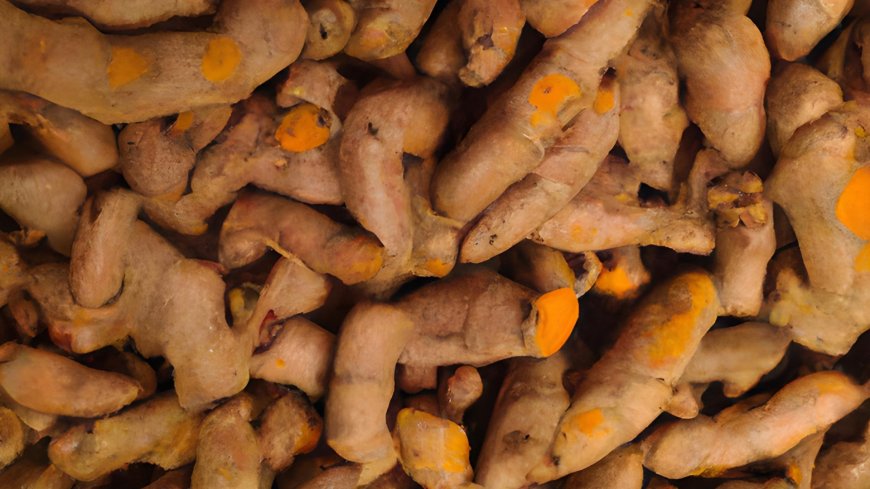
Turmeric (Photo Source: Personal Collection)
Turmeric is often mentioned in various Usadha treatments for example in Usadha Dalem. It is a kitchen ingredient that is easily accessible, allowing for consistent use. Turmeric is a crucial component in Usadha Bali, primarily due to its curcumin content, which has anti-inflammatory and antioxidant effects. It is frequently used to support the immune system, alleviate inflammation, and promote bile flow. In traditional medicine, turmeric is believed to aid in detoxifying the body and maintaining liver health when consumed in moderation and consistently. Next, we will discuss apples.
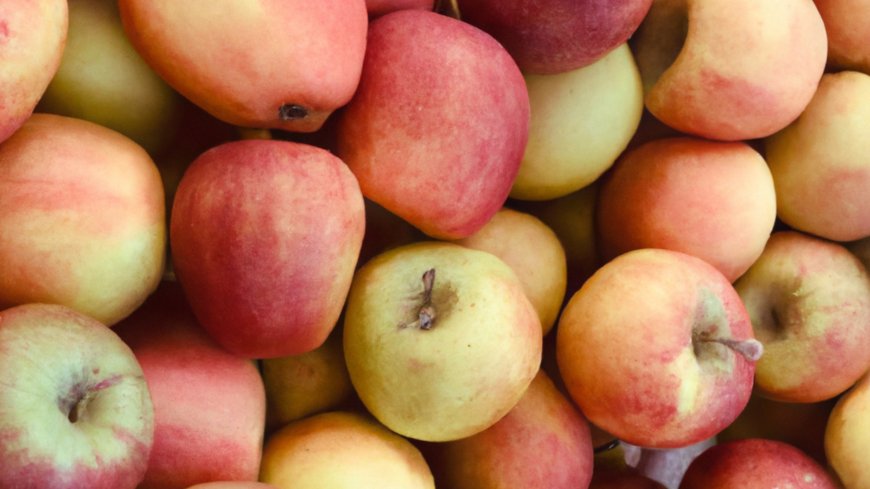
Apple (Photo Source: Personal Collection)
Although not as popular as turmeric in Balinese medicine, apples have significant health benefits. Apples are rich in fiber and antioxidants, which can support digestive health and help reduce the risk of disease. In the context of Usadha Bali, apples can be used to aid in detoxification and digestive health. Consuming apples in both whole fruit and juice form can gradually address gallstones in mild cases. Next, we will discuss honey.
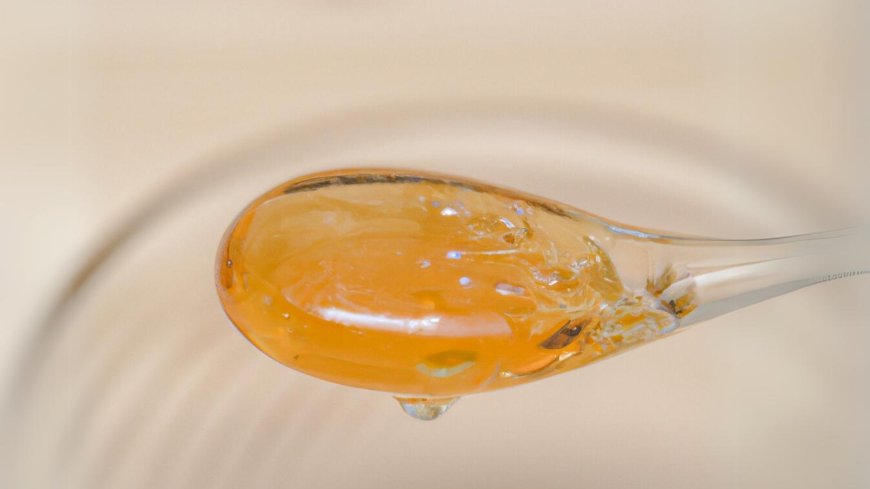
Honey (Photo Source: Personal Collection)
Honey is a natural ingredient commonly used in Usadha Bali due to its soothing properties and rich nutritional content. It acts as a natural sweetener that helps alleviate irritation and enhance the flavor of traditional remedies. Additionally, honey possesses antibacterial and anti-inflammatory properties that can support the healing process. The synergy between apple, turmeric, and honey in traditional medicine offers comprehensive health benefits, particularly in supporting digestive health and addressing gallstone issues. Apples, rich in soluble fiber such as pectin, promote digestive health by encouraging the growth of beneficial bacteria in the gut and facilitating digestion. Turmeric, with its curcumin content known for its anti-inflammatory and cholagogue properties, enhances bile production and breaks down fats, which is crucial for optimal digestion. Meanwhile, honey's antibacterial and prebiotic properties support microbial balance in the digestive tract, soothe irritation, and aid in the healing process. Together, these three ingredients contribute to reducing inflammation, with turmeric alleviating discomfort in the gallbladder, while honey and apples provide additional anti-inflammatory compounds.
Apples also aid in dissolving gallstones thanks to their malic acid content, while turmeric supports liver detoxification and fat metabolism. Honey, with its excellent detoxifying properties, helps cleanse the body of toxins and boost the immune system. This combination creates a powerful synergy for supporting digestive health, reducing inflammation, detoxifying the body, and enhancing overall immunity. However, it is essential to consult with a healthcare professional before starting any herbal treatment, especially if there are pre-existing medical conditions.
Here’s how to use these three ingredients to create a remedy. Each ingredient can actually be used separately, particularly turmeric and apple, due to their strong anti-inflammatory properties. However, to maximize the potential of these ingredients and alleviate gallstone issues, especially in mild cases, here are the preparation steps:
- 1 apple (preferably green apple or any variety of your choice)
- 1-2 cm fresh turmeric (or 1 teaspoon turmeric powder)
- 1-2 tablespoons honey (adjust to taste)
- 1 cup warm water (about 250 ml)
Steps for Preparation
- Wash the Apple, Clean the apple thoroughly, cut it into several pieces, and remove the seeds.
- Prepare the Turmeric, If using fresh turmeric, peel the skin and grate or chop it into small pieces. If using turmeric powder, measure out one teaspoon.
- Boil the Water: Bring water to a boil in a small pot. Once boiling, reduce the heat.
- Add Ingredients, Add the apple pieces and turmeric to the boiling water. Let it simmer for 5-10 minutes to extract the nutrients from the apple and turmeric.
- Cool and Sweeten, After simmering, turn off the heat and allow the mixture to cool slightly. Then, add honey to the mixture and stir until dissolved.
- Strain (Optional), Strain the mixture to separate the apple and turmeric pulp if desired. You can drink it warm or cool it down before consuming.
This remedy can be consumed 1-2 times a day to support digestive health and address gallstones. An alternative to apples is apple cider vinegar. Apple cider vinegar is considered beneficial for managing gallstones for several reasons. First, apple cider vinegar can enhance stomach acid secretion, which aids digestion and nutrient absorption, thus preventing gallstone formation. Second, this vinegar is known to lower blood cholesterol levels, which plays a role in gallstone formation. Additionally, the detoxifying properties of apple cider vinegar can help cleanse toxins and support liver function, which is essential for fat metabolism. Consuming apple cider vinegar by mixing 1-2 tablespoons into a glass of warm water, especially before meals, can be an effective way to harness its benefits for supporting gallbladder health.
A healthy lifestyle is crucial in preventing gallstones and supporting gallbladder health. Adopting a balanced diet rich in fiber, such as fruits, vegetables, and whole grains, can help maintain optimal digestive function and reduce the risk of gallstone formation. Additionally, avoiding foods high in saturated fats and sugar while opting for healthy fats can help control cholesterol levels in bile. Staying adequately hydrated is also important to ensure smooth bile flow. Regular physical activity and maintaining an ideal weight play a role in preventing obesity, a significant risk factor for gallstones. Moreover, regular meal patterns and stress management techniques can support healthy metabolism. By implementing a healthy lifestyle, individuals can significantly reduce their risk of gallstones and improve their overall quality of life.



















































